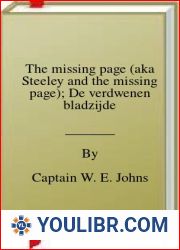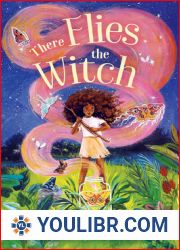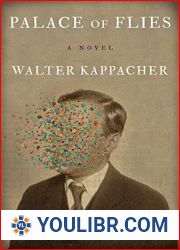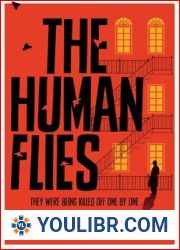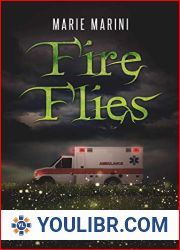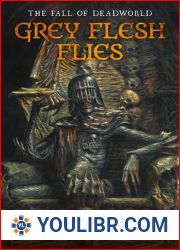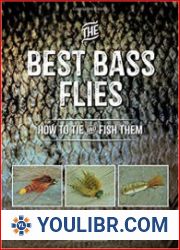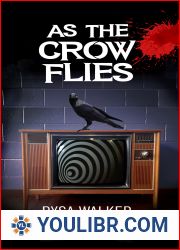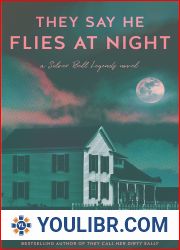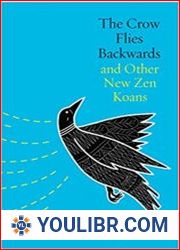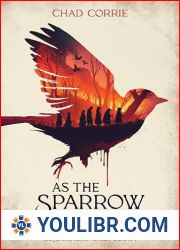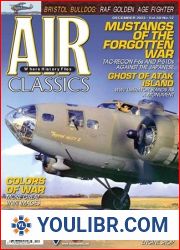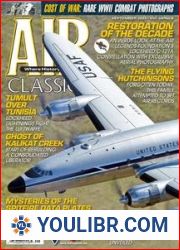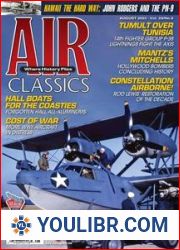
BOOKS - Steeley Flies Again


US $8.67

917083

917083
Steeley Flies Again
Author: W. E. JOHNS
Year: May 12, 2023
Format: PDF
File size: PDF 2.2 MB
Language: English
Year: May 12, 2023
Format: PDF
File size: PDF 2.2 MB
Language: English
William Earl Johns was an English First World War pilot, and writer of adventure stories, usually written under the pen name Capt. W. E. best known for creating the fictional air-adventurer Biggles. W. E. Johns was a prolific author and editor. In his 46-year writing career (1922-1968) he wrote over 160 books, including nearly one hundred Biggles books, more than sixty other novels and factual books, and scores of magazine articles and short stories. His first novel, Mossyface, was published in 1922 under the pen name and "William Earle and ". After leaving the RAF, Johns became a newspaper air correspondent, as well as editing and illustrating books about flying. At the request of John Hamilton Ltd, he created the magazine Popular Flying which first appeared in March 1932. It was in the pages of Popular Flying that Biggles first appeared. The first Biggles book, The Camels are Coming (a reference to the Sopwith Camel aeroplane), was published in August 1932 and Johns would continue to write Biggles stories until his death in 1968. At first, the Biggles stories were credited to and "William Earle and ", but later Johns adopted the more familiar and "Capt. W. E. Johns and ". While his apparent final RAF rank of flying officer was equivalent to an army (or RFC) lieutenant, captain is commonly used for the commander of a vessel or aircraft. Johns was also a regular contributor to The Modern Boy magazine in the late 1930s as well as editing (and writing for) both Popular Flying and Flying. From the early 1930s, Johns called for the training of more pilots, for if there were not enough when war came, and "training would have to be rushed, and under-trained airmen would die in accidents or in combat against better trained German pilots. and " He was removed as editor at the beginning of 1939, probably as a direct result of a scathing editorial, strongly opposed to the policy of appeasement and highly critical of several Conservative statesmen of the time. Cockburn, however, feels that the government was concerned about being so and "expertly attacked and " on the lack of trained pilots by the editor of the most widely read aviation magazines in the world, including readers and "in the RAF or connected with flying. and " Johns' opposition to appeasement is reflected in some of his books. For example, in The Black Peril (1935) the storyline revolves around German preparations for conquest. Even more advanced in his thinking, for that time, was the story Biggles Air Commodore (1937) which alludes to Japanese preparations for conquest of British colonies in the Far East.








